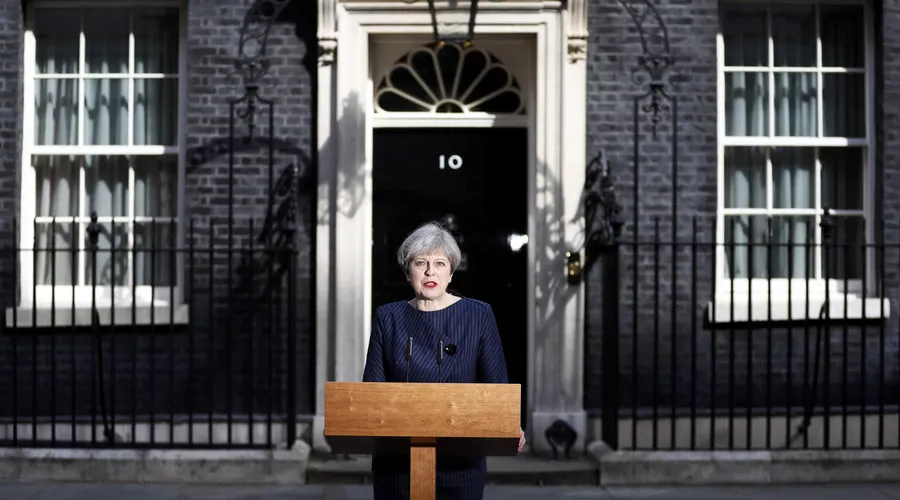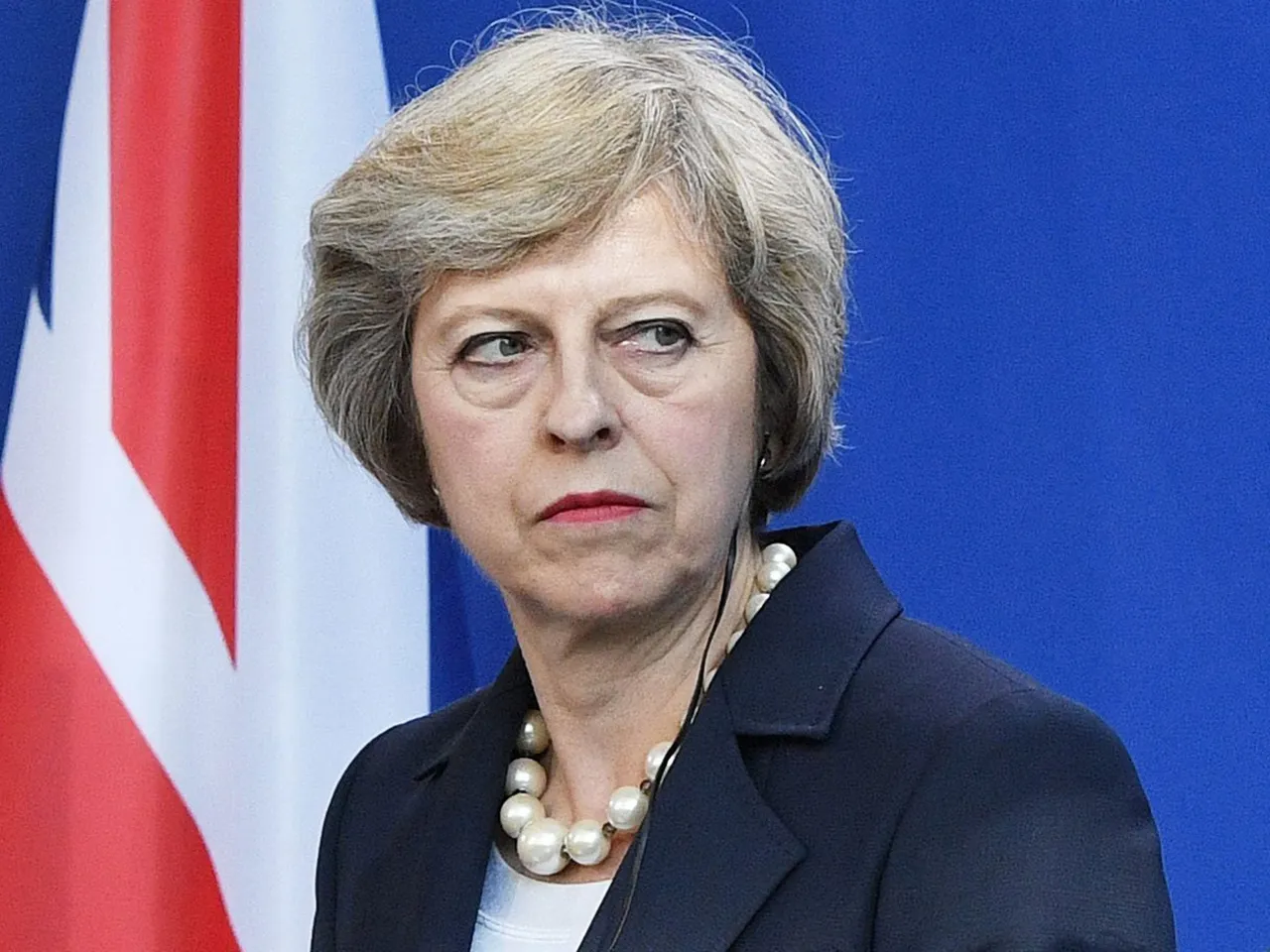
Conservatives lose their majority in UK elections but May remains Prime Minister.
As most of you are already aware Theresa May's and her conservative party have been denied a majority and have struck a deal with the Democratic Unionists to form a minority government in Britain. May has vowed to press forward with Brexit despite the wavering public confidence .
In response to the very recent London Bridge attacks, Theresa May called for major restrictions and regulations on internet freedoms and encryption. In essence, the solution to terrorism proposed by the PM was to impose tighter restrictions and create a government regulated internet.
It is unclear how the electoral set back will effect the conservatives plans to clamp down on online freedoms.
Proposed Regulations
This, then, is what Theresa May is proposing:
- All Britons' communications must be easy for criminals, voyeurs and foreign spies to intercept
- Any firms within reach of the UK government must be banned from producing secure software
- All major code repositories, such as Github and Sourceforge, must be blocked
- Search engines must not answer queries about web-pages that carry secure software
- Virtually all academic security work in the UK must cease -- security research must only take place in proprietary research environments where there is no onus to publish one's findings, such as industry R&D and the security services
- All packets in and out of the country, and within the country, must be subject to Chinese-style deep-packet inspection and any packets that appear to originate from secure software must be dropped
- Existing walled gardens (like Ios and games consoles) must be ordered to ban their users from installing secure software
- Anyone visiting the country from abroad must have their smartphones held at the border until they leave
- Proprietary operating system vendors (Microsoft and Apple) must be ordered to redesign their operating systems as walled gardens that only allow users to run software from an app store, which will not sell or give secure software to Britons
- Free/open source operating systems -- that power the energy, banking, ecommerce, and infrastructure sectors -- must be banned outright
Theresa May will say that she doesn't want to do any of this. She'll say that she can implement weaker versions of it -- say, only blocking some "notorious" sites that carry secure software. But anything less than the programme above will have no material effect on the ability of criminals to carry on perfectly secret conversations that "we cannot read". If any commodity PC or jailbroken phone can run any of the world's most popular communications applications, then "bad guys" will just use them. Jailbreaking an OS isn't hard. Downloading an app isn't hard. Stopping people from running code they want to run is -- and what's more, it puts the whole nation -- individuals and industry -- in terrible jeopardy.
That’s a technical argument, and it’s a good one, but you don’t have to be a cryptographer to understand the second problem with back doors: the security services are really bad at overseeing their own behaviour.
Once these same people have a back door that gives them access to everything that encryption protects, from the digital locks on your home or office to the information needed to clean out your bank account or read all your email, there will be lots more people who’ll want to subvert the vast cohort that is authorised to use the back door, and the incentives for betraying our trust will be much more lavish than anything a tabloid reporter could afford.
This summary illustrates the clear dangers that government back doors create by exposing people's devices to an array of potentially nefarious actors that may seek to exploit the vulnerability.


